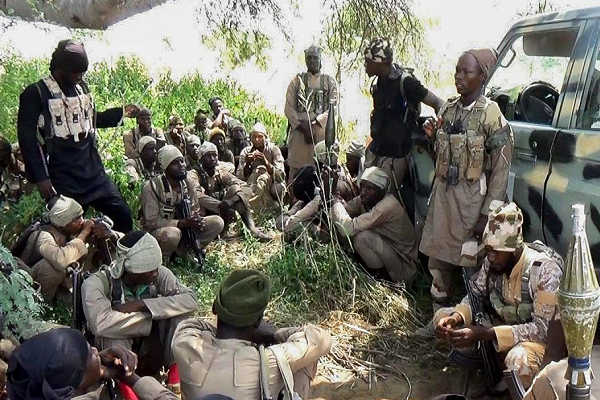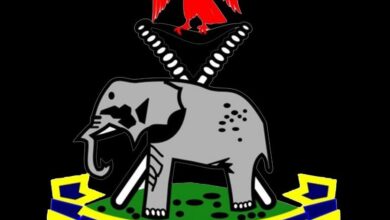Boko Haram insurgents kill 16 in Borno

In a devastating escalation of violence, Boko Haram insurgents brutally killed 14 farmers and two CJTF members across Borno State last weekend.
Local authorities confirmed the coordinated attacks occurred in multiple locations near the Mandara mountains.
First, terrorists ambushed a CJTF patrol vehicle near Sabon-Gari on Friday, killing two personnel while their wounded driver escaped. Then on Saturday, armed militants slaughtered farmers who had ventured into areas without military protection. Search teams recovered 10 bodies initially, finding four more victims the following day.

These atrocities have triggered urgent security responses from both state and federal authorities. Governor Babagana Zulum immediately alerted President Tinubu, who promptly dispatched Defence Minister Badaru alongside military chiefs to evaluate counterinsurgency needs. During crisis talks in Maiduguri, Badaru revealed presidential approval for enhanced troop deployments and equipment.
“We’re implementing immediate measures to contain this threat,” Badaru declared, acknowledging Borno’s recent peace gains now jeopardized by fresh attacks. The minister assured comprehensive daily briefings would reach the presidency, with special focus on securing volatile border regions. He specifically sought Governor Zulum’s operational insights given his frontline experience.
Governor Zulum welcomed the delegation but emphasized critical security gaps requiring federal attention. He particularly stressed manpower shortages in monitoring Borno’s vast forests and porous borders with neighboring countries. “We need more trained boots on the ground to dominate these spaces,” Zulum insisted during the security council meeting.
The governor further analyzed evolving terrorist dynamics, distinguishing between Boko Haram factions and ISWAP’s transnational networks. He underscored the Sahel region’s strategic importance, warning that instability there directly threatens Nigeria’s national security. “Pacifying this corridor demands sustained military pressure,” Zulum advised, urging nonstop operations against insurgent strongholds.
While commending military efforts, Zulum cautioned against complacency as terrorists adapt tactics. He appealed for advanced surveillance technology and rapid response units to protect vulnerable farming communities. The governor nevertheless expressed optimism that the federal visit marked a turning point, pledging continuous political support for security forces.
Defence headquarters subsequently announced revised deployment plans incorporating Zulum’s recommendations. Military spokesmen confirmed aerial surveillance intensification along infiltration routes while ground troops reinforce vulnerable communities. Security analysts however warn that lasting stability requires simultaneous investments in deradicalization programs and alternative livelihoods for at-risk youth.
As bereaved families bury their loved ones, counterterrorism units have launched fresh clearance operations around Gwoza. The CJTF has meanwhile restricted civilian movement near unsecured territories, distributing emergency alert systems to border villages. These measures aim to prevent further tragedies while security forces implement the newly approved reinforcement strategy.
The Tinubu administration faces mounting pressure to demonstrate decisive results ahead of the rainy season when terrorist mobility typically increases. With global attention on Sahel security, Nigeria’s handling of this resurgence carries implications beyond its borders. All stakeholders now await tangible improvements in the coming weeks as implemented measures take effect.
Post Views: 22





